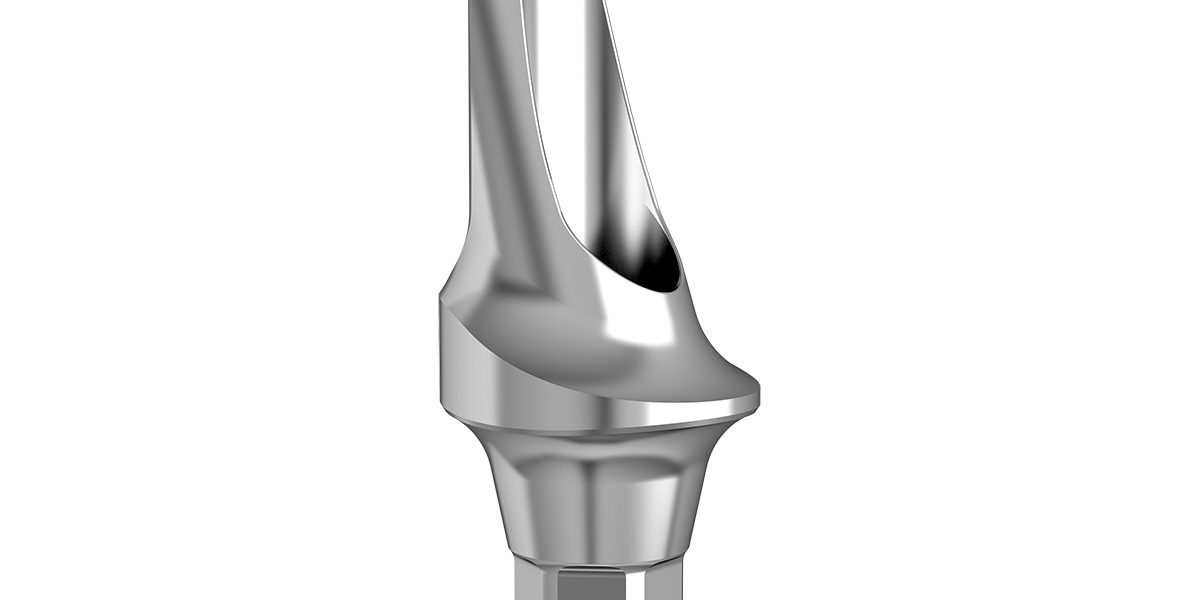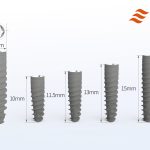A dental abutment is a vital component in dental implants. It serves as a connector between the dental implant, which is surgically placed in the jawbone, and the prosthetic tooth or crown. Essentially, the abutment acts as an anchor that provides stability for the crown, allowing it to function just like a natural tooth.
Types of Dental Abutments
Traditional dental abutments are pre-fabricated and come in various sizes and shapes to accommodate different clinical scenarios. Dentists select a suitable traditional abutment based on the patient’s specific needs. These abutments offer efficiency and cost-effectiveness, making them a popular choice.
Custom abutments are precisely designed to match the patient’s unique anatomy. They are often recommended when the patient’s natural tooth shape and size must be replicated closely. Custom abutments provide an aesthetic advantage and a precise fit, ensuring optimal functionality.
The Importance of Dental Abutments
Dental abutments play a pivotal role in dental implant success. They create a stable foundation for the crown, ensuring that it mimics the natural tooth’s appearance and function. Without a secure abutment, the dental implant may not integrate correctly, leading to complications and discomfort.
Choosing the Right Dental Abutment
Selecting the appropriate abutment is a decision made by the dentist, taking into consideration the patient’s specific needs and the nature of the implant. Custom abutments are often preferred for aesthetic reasons, while traditional abutments are suitable for many cases.
In conclusion, dental abutments are a critical component of dental implants, ensuring that the prosthetic crown functions and looks like a natural tooth. Choosing the right type of abutment and maintaining proper oral hygiene are key factors in the success of this restorative dental procedure. If you’re considering dental implants, consult with your dentist to determine the best abutment option for your specific needs.





